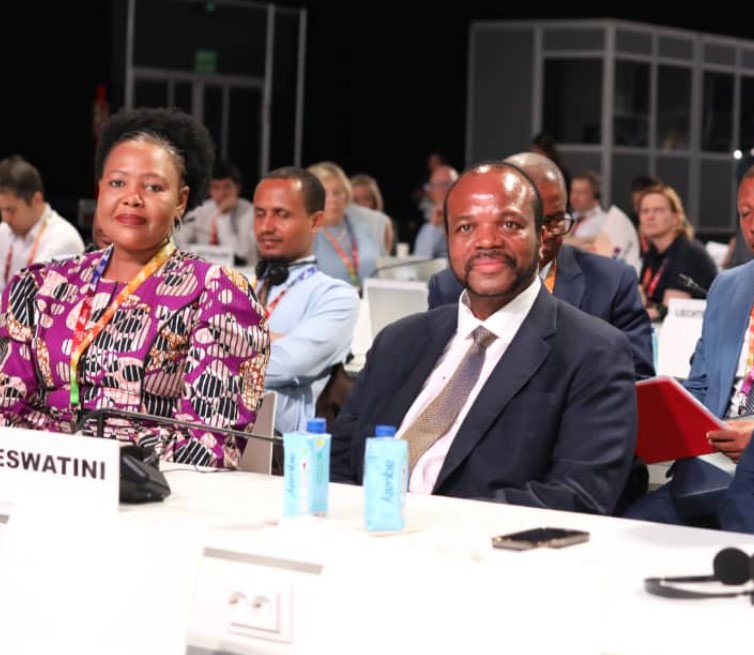The African continent hosts a variety of cultures and forms of government, yet few fascinate and polarize as much as the monarchy of Eswatini. In the heart of Southern Africa, nestled between South Africa and Mozambique, lies a small kingdom officially known as the Kingdom of Eswatini – a name that means “land of the Swazi” in their language and has been adopted by the United Nations. This name replaces the former English-derived Swaziland. At the helm of this state since 1986 is King Mswati III., a monarch whose lifestyle and rule consistently make headlines, especially when he asserts his royal claims far from home, as recently in Seville.
A Royal Lifestyle in Contrast to Poverty
Mswati III. is 57 years old and has reigned for nearly four decades. His private world is characterized by a polygamous lifestyle: he has 16 wives and 36 children. During his recent appearance at the UN summit in Seville, he was accompanied by one of his wives, who is a remarkable 22 years old. These numbers, however, pale in comparison to his father, King Sobhuza, who married an incredible 125 women and had 210 children. The splendor and pomp surrounding Mswati III. stand in stark contrast to the reality of life for a large part of his people.
With a per capita GDP of only 3,339 Euros in 2023, barely changed from 2013, Eswatini ranks at the bottom of global wealth indices. A shocking 59% of the population lives below the poverty line. The rampant economic crisis has exacerbated social inequality. Reports from Amnesty International paint a bleak picture: gender-based violence is widespread, the rights of LGBTI persons are severely undermined, and the country has the world’s highest prevalence of AIDS.
Absolute Monarchy and Human Rights Violations
Eswatini is an absolute monarchy, the last of its kind in Africa. Although the 2005 constitution does not explicitly prohibit political parties and provides for elections and a bicameral parliament, the king largely ignores these provisions. Mswati III. rules by decree, making and revoking laws at will.
Despite the ratification of international conventions against torture and for human rights, authorities routinely apply torture and ill-treatment. Former parliamentarians like Mthandeni Dube and Mduduzi Bacede Mabuza were arbitrarily detained and held under deplorable conditions, as they reported via the NGO Civicus. The government also fails to investigate reported extrajudicial killings. Political repression, arbitrary arrests, and detentions of journalists and critics are commonplace, while threats of torture for prisoners are routine.
Royal Eccentricities in Spain
Mswati III. is the 67th son of King Sobhuza II. and was born four months before Eswatini’s independence. When his father died, the 14-year-old prince was chosen as heir to the throne by the royal council. He received his education far from home in England. At just 18, he ascended the throne in 1986, becoming the youngest ruler in Eswatini’s history. Since then, in stark contrast to his country, he has lived in immeasurable wealth.
His possessions include a fleet of luxurious limousines and a luxury jet, whose costs account for a quarter of the state budget. Immense sums are spent on building and renovating his palaces to make room for his many wives. It is therefore not surprising what the Spanish newspaper ABC recently reported: During his stay at a luxury hotel in Seville for the UN meeting, Mswati III. reportedly demanded a throne for his room. His entourage had to rush through the hot streets of Seville to find a copy shop that could print a life-sized photo of the monarch. Cadena SER also reported that the Eswatini delegation installed their own towels with the royal logo and air fresheners in the hotel. Another anecdote: The king’s young wife, who accompanied him, drinks her Ceylon green tea exclusively ice-cold.
The lifestyle of King Mswati III. and the situation in Eswatini remain a striking example of the chasm between royal pomp and the reality of a poor country where human rights are systematically violated.




